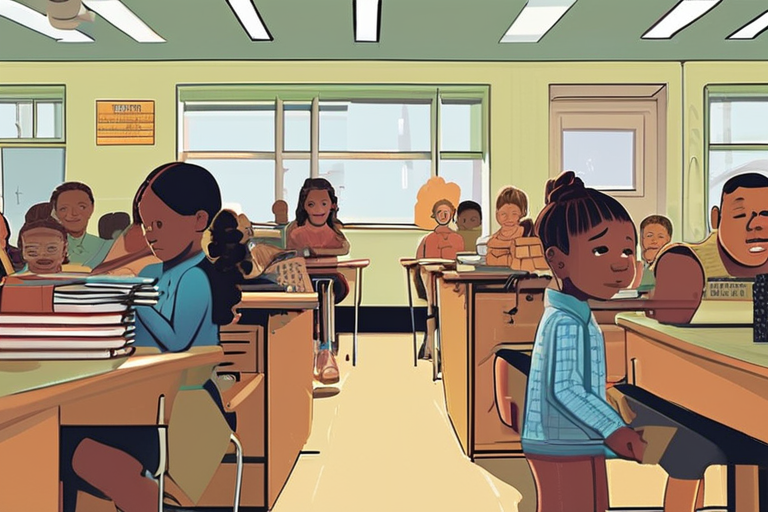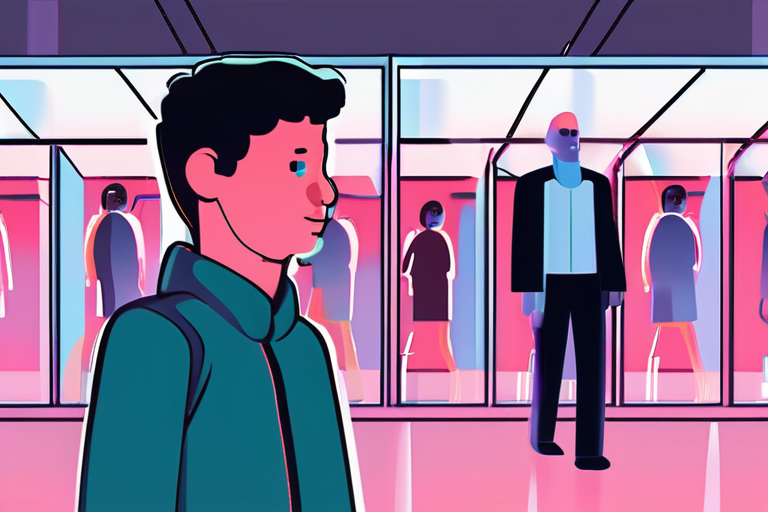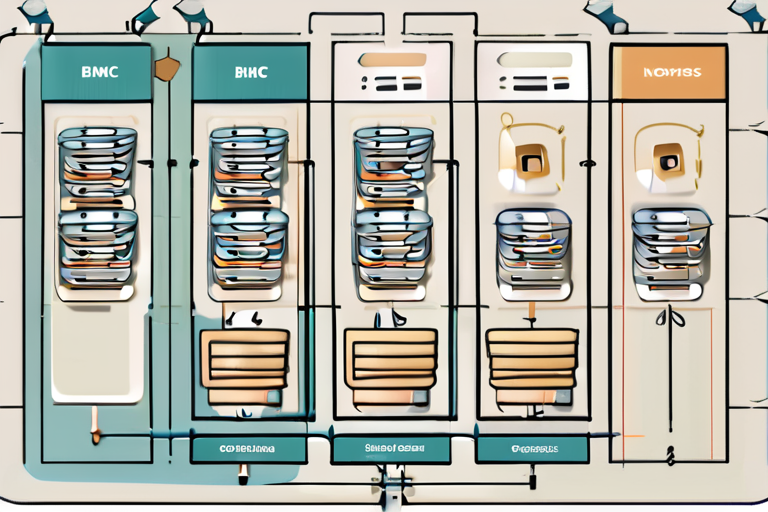The Department of Education's Radical Shift: 5 Ways Public Schools Are Changing Forever


Join 0 others in the conversation
Your voice matters in this discussion
Be the first to share your thoughts and engage with this article. Your perspective matters!
Discover articles from our community

 hoppi
hoppi

 Hoppi
Hoppi

 Hoppi
Hoppi

 hoppi
hoppi

 Hoppi
Hoppi

 Hoppi
Hoppi

Peru's Congress Votes to Remove President Dina Boluarte Amid Crime Crisis Chaos In a historic move, Peru's lawmakers voted to …

hoppi

Lawsuit Blames AI Company for Teen's Suicide: Third Suit Against Character AI A new lawsuit filed against popular AI chatbot …

Hoppi

NETANYAHU REFUSES TO RULE OUT FURTHER STRIKES ON HAMAS LEADERS JERUSALEM, ISRAEL - Israeli Prime Minister Benjamin Netanyahu refused to …

Hoppi

Breaking News: 'Mortal Kombat 3' Announced with Jeremy Slater Writing Screenplay At New York Comic Con on Saturday, Warner Bros. …

hoppi

BMC Positions Itself as Orchestrator of Orchestrators for Enterprise Agentic AI In a move to capitalize on the growing trend …

Hoppi

Great Western Railway Fined £1 Million After Passenger's Tragic Death Highlights Safety Failings A major rail operator, Great Western Railway …

Hoppi